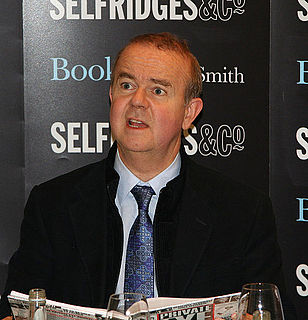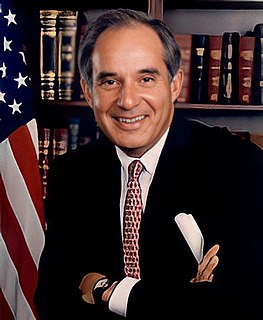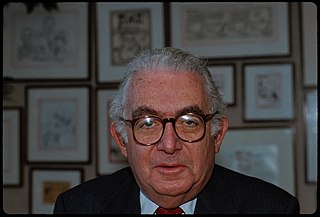A Quote by Simon Singh
Many of the worst cases that triggered the campaign for libel reform involved corporations suing critics, so these particular sections of the bill are vital to reduce future abuses of libel law.
Related Quotes
When I attended a forum on libel reform at the British Academy in 2011, 20 figures ranging from law professors to leading libel law firm, Carter Ruck, from MPs to free speech groups, discussed the issue of corporations. There was unanimous agreement that there needed to be restrictions on the right of corporations to sue in libel.
Every major federal campaign-finance-reform effort since 1943 has attempted to treat corporations and unions equally. If a limit applied to corporations, it applied to unions; if unions could form PACs, corporations could too; and so on. DISCLOSE is the first major campaign-finance bill that has not taken this approach.
I've always argue against emotions. You're seeing intimidating threats against anchors by people in the Trump campaign. You see physical violence at rallies, you see a man handling of a reporter, Michelle Fields. You have Trump talking about opening this liberal law - these libel laws to protect feelings. What you're seeing here is kind of a mob mentality.
































